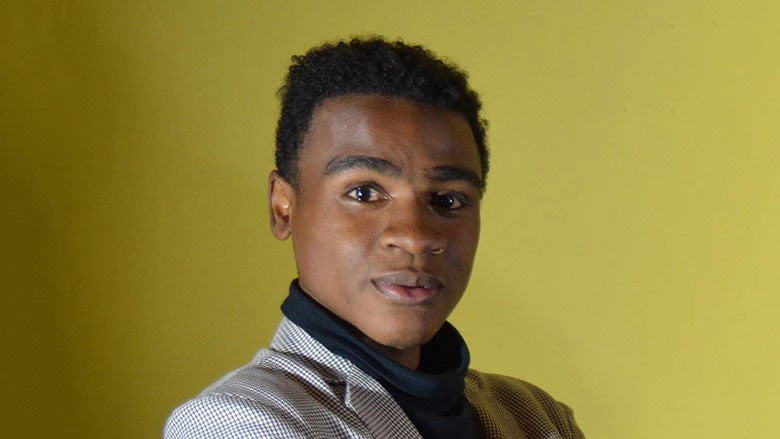In nearly 20 years, the majority children entering in primary school around the world today will likely work as adults in jobs that do not exist yet. If Africa fails to prepare our youth, we will undoubtedly find ourselves unable to enhance their digital skills and therefore become even more disadvantaged in the future.
African countries must invest in public infrastructure to introduce youth to digital. Fab labs, small workshops of computer-guided, precision tools made available to all, have become a keystone in the promotion of digital skills among young Africans. Its effectiveness relies on diversified features including a collaborative approach, learning-by-doing, and local-oriented projects fostering Africa’s youth creativity and engagement.
Africa has to encourage communities and policymakers to open more collaborative spaces such as fab labs, equip them with digital tools, and make them accessible to public. as learning and working structure for youth to acquire, improve and practice their digital skills.
Raspberry Pi offers a simple and cheap solution to allow a more inclusive digital tools and unlock new horizons for African children and youth. As three out of five youth (aged 15 to 24) in Africa are still offline, these infrastructures have to be equipped with internet access. Internet has the potential to be a game changer in Africa as a cornerstone of innovation and inclusion: digital platforms for cross-border projects, global digital economy integration and inclusive education with massive open online courses.
But it’s never been a better time to invest in human capital in Africa. Human dimensions of progress mustn’t be neglected as technologies serve no purpose without a human dimension. Africa must ready its youth to be and keep employable in the future of work. Two forces will take a key role into giving the appropriate skills and reskilling African’s young people:
Governments
Preparing Africa’s youth requires that government involve with concrete policies on education: accessible education for low-income families, science, technology, engineering and mathematics (STEM) implementation, and girls’ education. The government could adopt a downstream policy to ease entrepreneurial ideas realization with measures like incentive tax, legal supports and interest-free loans.
African societies
The challenges on the continent include empowering African’s youth in crucial soft skills like leadership, creativity and resilience. Through programs, mentoring and workshops, non-governmental organizations and community-based organizations are improving employment outcomes of youth—particularly for out-of-school youth and girls—by being flexible and adaptive for the changing needs of the workplace.
Africa 2.0 need youth to be entrepreneurs, creative thinkers and lifelong learners but as formal education doesn’t usually provide them with these opportunities, communities have to get involved.
Our association, Jeunes Emergence de Madagascar, is a non-profit, apolitical association providing a co-working space, internet access and a series of trainings (21 for now including economy, project management and personal development programs). The association is committed to help Malagasy’s youth in all aspects of their life to achieve an ideal: A better Madagascar!
TOTOZAFY Livio, a Malagasy national, is a winner of the World Bank Africa 2019 Blog4Dev regional competition.



Join the Conversation